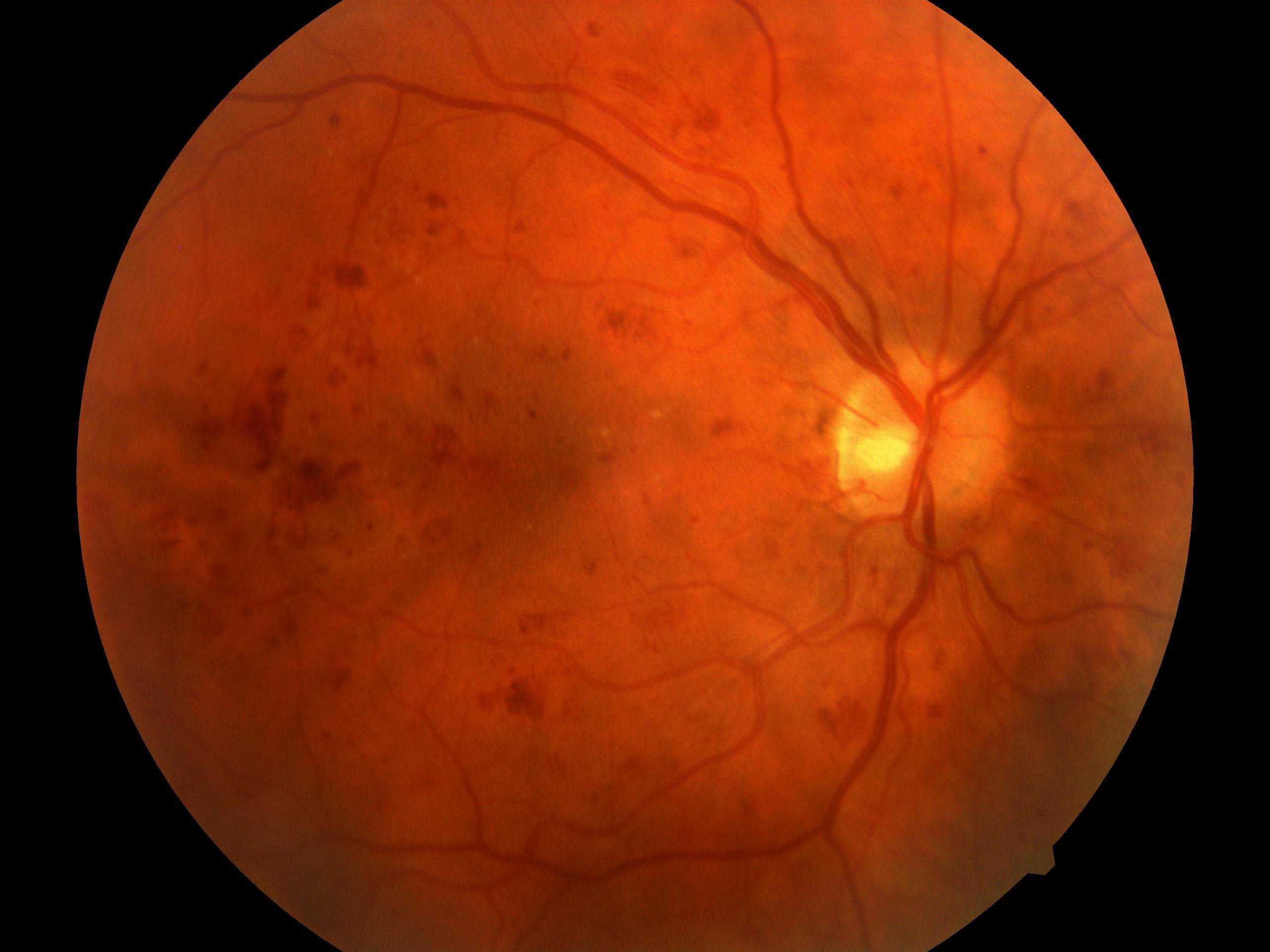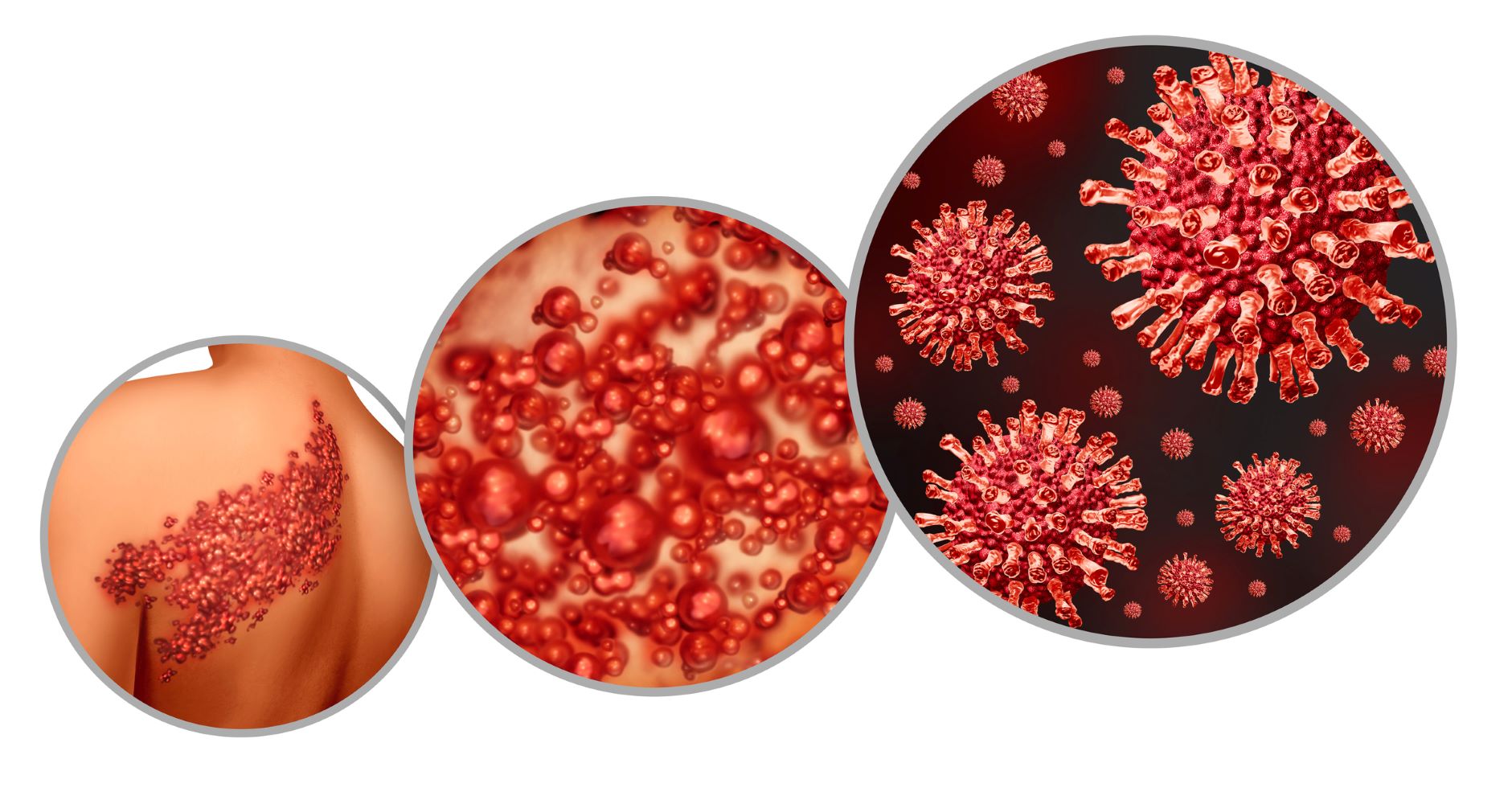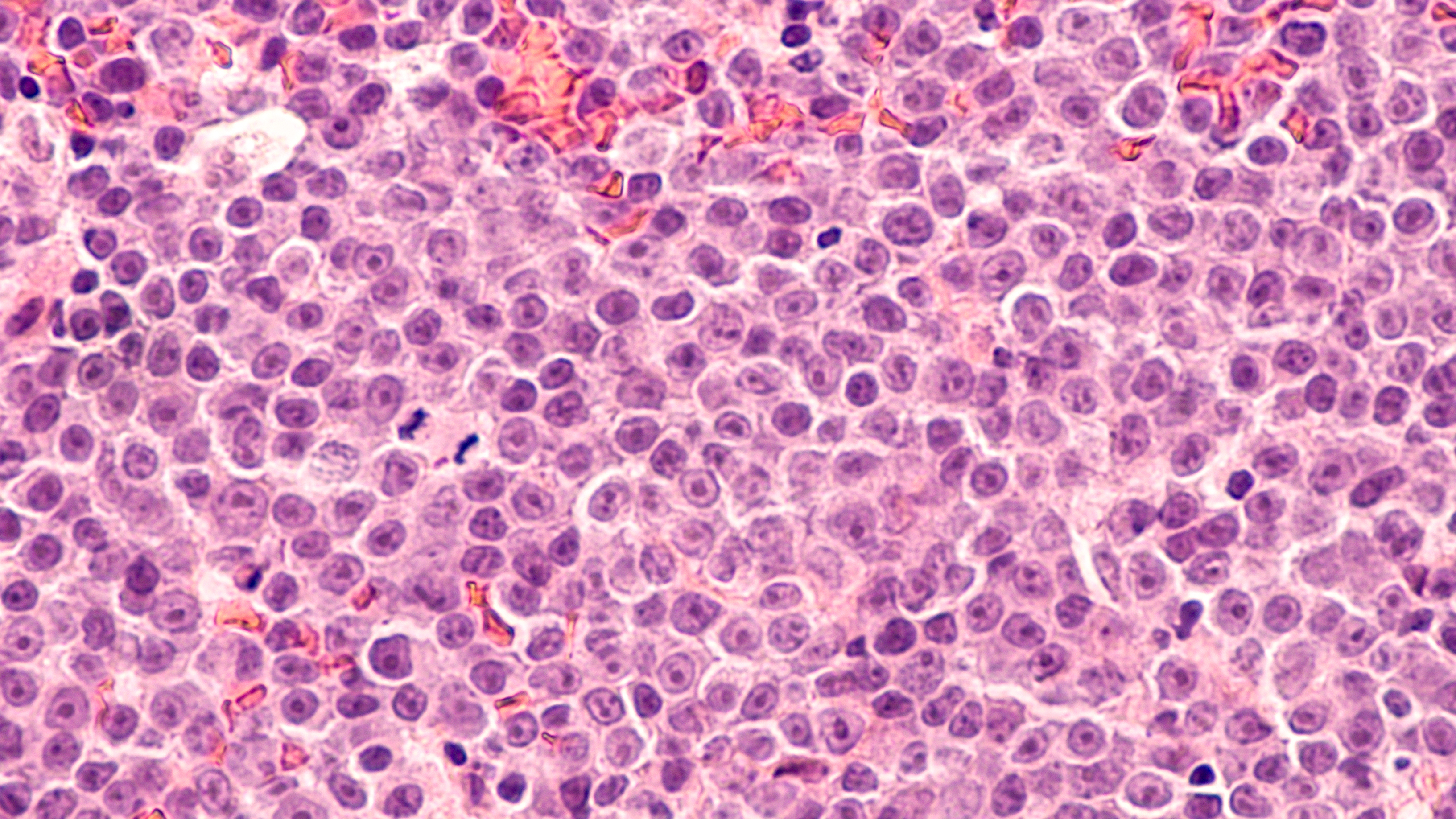The following is the summary of “Asthma Impairment and Risk Questionnaire (AIRQ) Control Level Predicts Future Risk of Asthma Exacerbations” published in the December 2022 issue of Allergy and Clinical Immunology by Beuther, et al.
Validation of the Asthma Impairment and Risk Questionnaire (AIRQ), a 10-item, equally weighted, yes/no control instrument, was performed in individuals with asthma aged 12 and up. The purpose of this study was to assess AIRQ’s capacity to predict patient-reported exacerbations over a 12-month period.
Patients reported exacerbations (i.e., courses of oral corticosteroids for asthma, trips to the emergency department/urgent care, and hospitalizations) via monthly online surveys and performed a baseline AIRQ at an in-person enrollment visit. 1 or more exacerbations and 2 or more exacerbations were the dependent variables (adjusted odds ratios [OR] and 95% Wald CIs), and logistic regressions were done with AIRQ control level (well-controlled [WC], not well-controlled [NWC], and very poorly controlled [VPC]) as covariates. Exacerbation rates were analyzed using Kaplan-Meier plots, broken down by AIRQ severity control status. 1,112 patients were included; 1,070 patients completed at least one survey over a 12-month period (mean± SD 10.5 ±2.8 months); 70.5% were female; mean SD age was 43.9 ±19.3 years; 20.4% were not White; mean SD BMI was 30.6 8.7 kg/m2; AIRQ: WC 35.2%, NWC 38.1%, VPC 26.6%. In all, 45.7% of patients reported having an exacerbation, with 26.7% reporting having two or more (WC 28.4% ≥1, 11.1% ≥2; NWC 46.3%≥1, 27.9% ≥ 2; VPC 67.7% ≥1, 45.6% ≥2).
The odds ratios (ORs) for 1 or more exacerbations between NWC and WC were 2.1 (CI 1.6-2.9), and between VPC and WC were 4.6 (CI 1.9-13.1). (CI 3.3–6.5). The odds ratios (ORs) for 2 or more exacerbations were 3.1 (CI 2.1-4.6) for NWC against WC and 6.1 (CI 2.1-4.6) for VPC versus WC (CI 4.0–9.1). Kaplan-Meier curves showed statistically significant differences in the occurrence of the first exacerbation according to AIRQ control status (P<.001). There is a correlation between the AIRQ control level, the chance of exacerbating within the next year, and the likelihood of having an exacerbation for the first time.
Source: sciencedirect.com/science/article/abs/pii/S2213219822008224



















